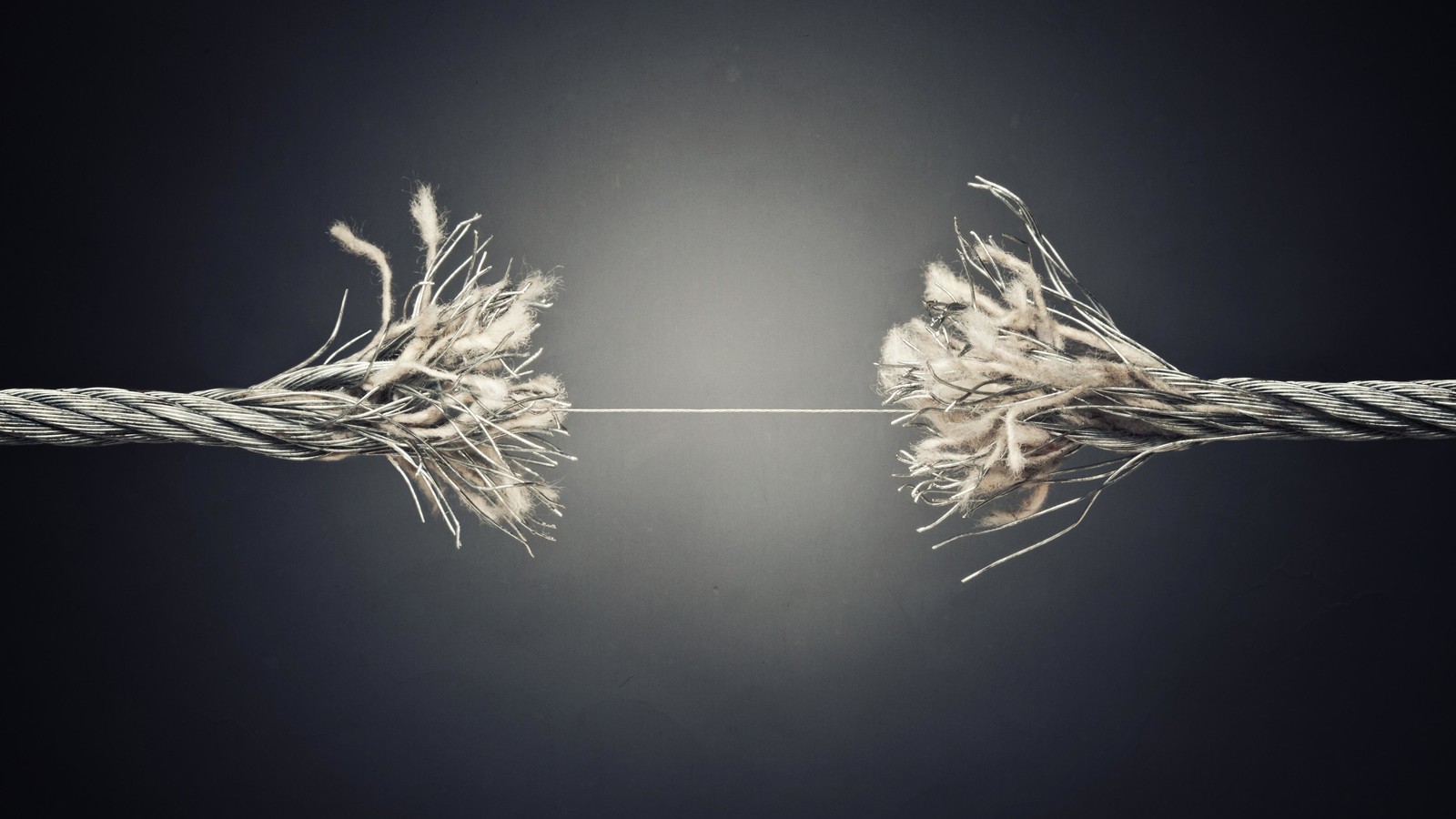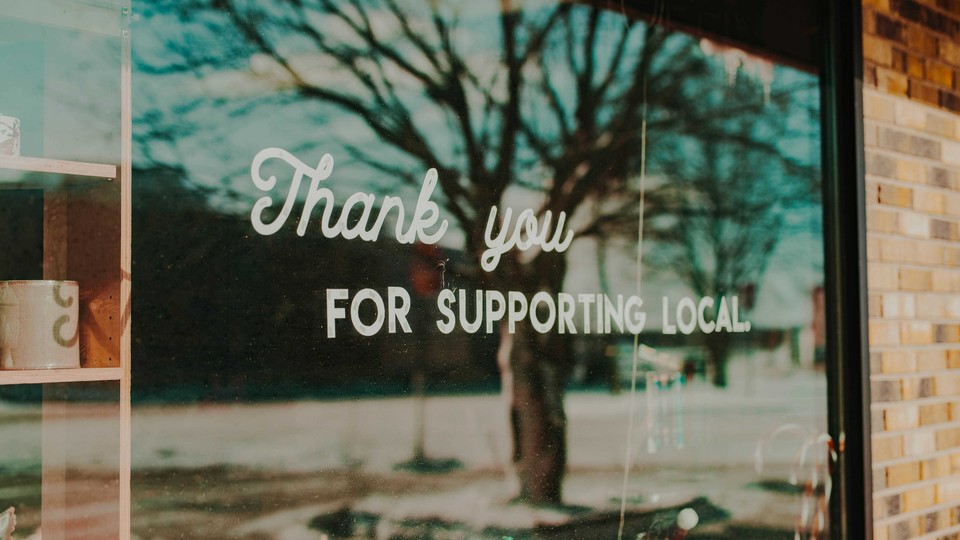
Gotta Have A Code
How Does J&J Credo Hold Up In A Crisis?
By Tracy L. Barnett
How Does J&J Credo Hold Up In A Crisis?
It’s been three-quarters of a century since Robert Wood Johnson, an early chairman of Johnson & Johnson, penned what would become the gold standard of corporate social responsibility: Put the well-being of customers first.
The credo was famously tested in 1982, when seven people in Chicago died from ingesting J&J Tylenol capsules tainted with cyanide. The firm’s swift decision to reverse the supply chain for the first time in history, launching a total product recall, cost millions in the short run. In the long run, the decision became a textbook example of best business practices.
Now, as J&J faces a welter of crises based on asbestos in their iconic baby powder and their role in the national opioid epidemic, that code is being tested anew. And once again, business leaders are watching closely. During institutional crises like this, experts say, pre-existing moral norms are key to surviving.
“Only if you are truly an ethical organization can you preserve that type of reputation with this multitude of stakeholders,” Rice Business professor Anastasiya Zavyalova said. “Prior reputation and bonds with stakeholders, strength of marketplace position, and leaders’ immediate response are other factors. But especially in this day and age, the more you try to hide who you are, the harder it will hit you.”
If allegations are true that the company hid damaging research, “that’s the kind of thing that’s unforgivable,” agreed loyalty expert Chris Malone, co-author of The Human Brand: How We Relate to People, Products and Companies. “What we’ve found in our research is that customers can be very forgiving in a lapse of competence or ability or technical skill. But when you have a lapse of trustworthiness – when you are intentionally doing something wrong or covering something up — that will damage trust permanently and is very, very difficult to recover from.”
In the 21st century’s climate of diversification and decentralization, J&J’s credo may not have played as central a role throughout the company as it once did, Malone speculated. “There was a time, perhaps, looking in the rearview mirror, when that credo was more firmly and consistently practiced at J&J,” he said. “I think that has become less and less the case as they increasingly became a pharma and medical device holding company… it seems they’ve taken on the habits and practices of those industries more broadly, and as a result it has watered down the application of that credo.”
Harvard Business School professor Stephen Greyser, whose case study of the Tylenol episode is a business school classic, noted that the firm’s current crises look very different from that in the past – and as such may prompt a different response. “When a number of people are dying very quickly, as was the case with the Tylenol,” Geyser said, “that’s very different from finding small amounts of asbestos in a product where it’s not clear what the consequences are.”
For any business facing serious allegations, all three researchers agreed that a strong ethical code, practiced daily, is a critical tool for weathering crisis.
Building a culture with such a code has to start with recruitment and continues through training, Zavyalova said. “Organizations that have a strong backbone of ethical culture are actually less likely to have a crisis event,” she said. “But even when they do, they have the reputational cushion and strong culture that allow them to claim with a straight face: ‘this is an anomaly in our organization.’”
Greyser concurred, adding that this seemingly self-evident truth continues to elude corporate leaders. Citing recent ethical failures at Volkswagen, Wells Fargo and FIFA, he said, “One wonders whether it’s either an inability to read or an inability to grasp [past] examples … that lead companies not only to behave unethically – that can happen – but to stonewall, to deny, and to stretch it out in such a way that they really are blaming the victim.”
These continuing blind spots stem from the fact that ethics are still rarely talked about in corporate settings, argues author Adele Cehrs, a former crisis-management adviser for clients including Lockheed Martin, Verizon – and, at an earlier date, Johnson & Johnson. But when a company has a strong ethical position that it’s long made it clear to customers and employees, she said, “you can recover faster from a disaster by saying, ‘We’ve always had this underlying value – this crisis is not aligned with it, and here’s how we’re going to bounce back.’”
Starbucks is one company that got it right, Malone said, after a store manager called the police on two young black men waiting for a colleague. “For one thing, they immediately took responsibility and apologized,” he said. “It would have been very easy to say, ‘That was a rogue manager who made a decision that isn’t supported by any of our training or management policies.’ But they said, ‘We take full responsibility for this as an organization; we failed to have enough training or enough policies to prevent this.’”
He also praised Starbucks’ next step: inviting experts as well as critics to help design a training program, closing all stores and losing an afternoon’s revenue to put every employee through the new training. In addition to signaling that the company takes fighting racism seriously, Malone said, “they sent a message to their employees that ‘We’re not going to throw you under the bus.’”
Integrity, in fact, needs to be considered at every stage of business, said Bruce Weinstein, a speaker and consultant who is author of “Ethical Intelligence: Five Principles for Untangling Your Toughest Problems at Work and Beyond.” When he is advising companies, Weinstein said, he checks to see if their job descriptions include words like “honesty” and “courage.” Performance evaluations, too, need to explicitly rate character as well as competence, he tells clients. “It doesn’t matter how competent someone is in sales, marketing, HR, or IT,” Weinstein said. “You don’t want a single dishonest person at any level of your organization.”
To Cehrs, there are important lessons to be learned from J&J’s ongoing crises. In both the talcum powder and opioid cases, data was available to point to possible problems, she noted. “If you’re inside the company and you have a lot of this data, are the signs pointing to a potential crisis?” she said. “It is the job of the communications, marketing and legal departments to break down the silos and say: ‘I see the smoke; this could be an issue.”
But only putting employees in situations that mirror real-life crises can show how they will respond. This notion — that values-based protocols must be in place long before trouble strikes — is already foundational in many high-risk fields. “We don't rise to the level of our expectations,” Navy SEALS like to say: “We fall to the level of our training.” Or, in the words of Omar Little, iconic “hood Robin Hood” in the series The Wire: “A man gotta have a code.”
Businesses need a similar foundation, Greyser argued. “How important is it to have such an ethical framework in place in advance?” he asked. “I would say: How important is it to have a culture where doing the right thing is normal?”
Tracy L. Barnett is an independent writer based in Guadalajara, Mexico. She is the founder of The Esperanza Project and the author of an upcoming book on environmental initiatives in Latin America.
Never Miss A Story


